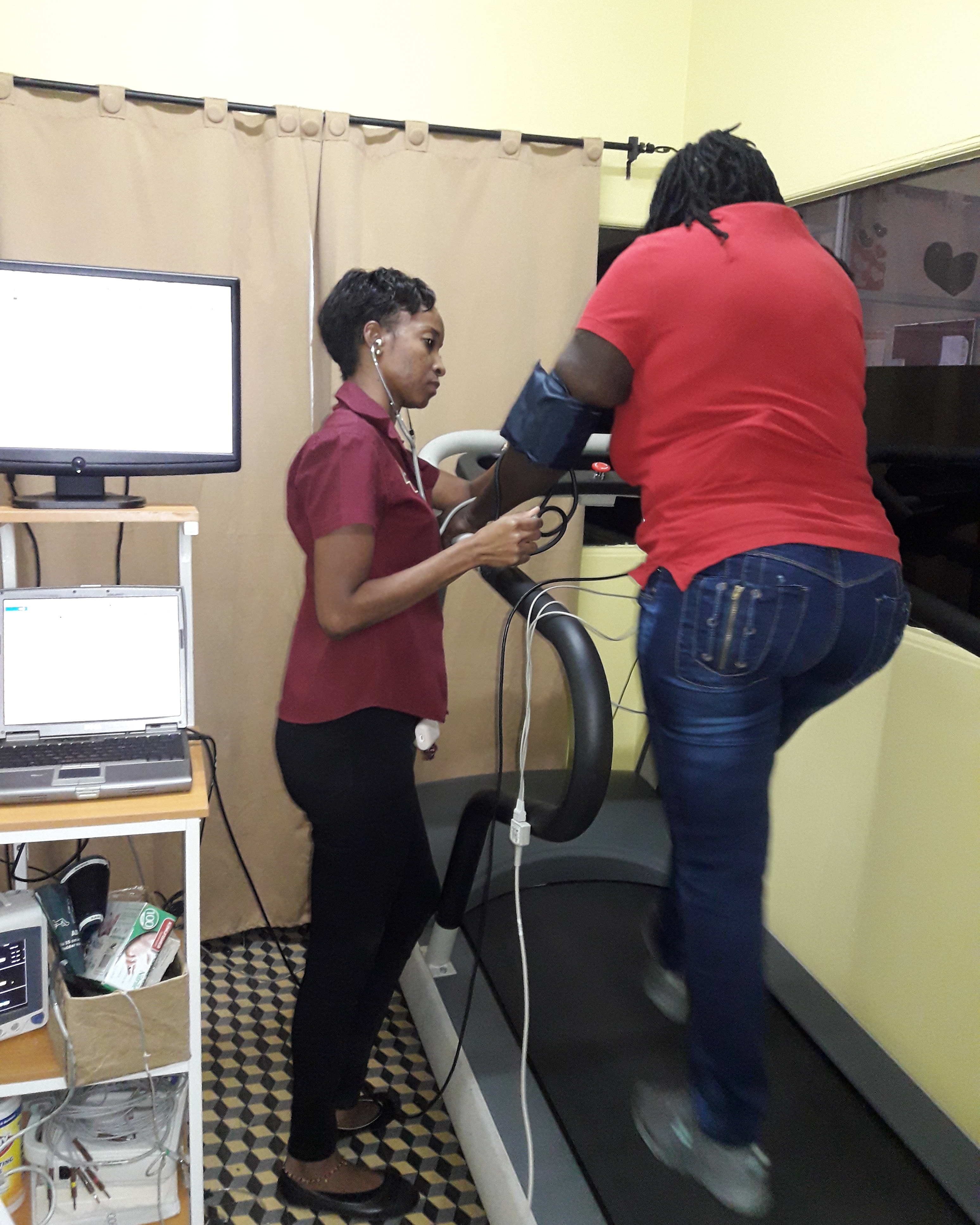5 Surprising Benefits of a Healthy Heart for Heart Month
February 9, 2023Better Brain Health
The connection between heart health and brain health is undeniable. When the heart is in good condition, it can pump oxygen-rich blood more efficiently to the brain, providing it with the fuel it needs to function properly. This improved blood flow can help improve cognitive function, memory, and concentration. Studies have even shown that people with heart problems, such as heart disease or heart failure, are more likely to experience cognitive decline and memory problems.
In addition to improving cognitive function, a healthy heart can also help reduce the risk of stroke. Strokes occur when the blood flow to the brain is interrupted, causing damage to the brain. People with heart problems, such as high blood pressure or irregular heartbeats, are more likely to experience strokes. By taking care of your heart, you can reduce the risk of stroke and maintain good brain health.
Improved Sleep
Sleep is essential for overall health and well-being, and a healthy heart can help improve the quality of your sleep. Regular exercise can help regulate your body's internal clock, making it easier for you to fall asleep and stay asleep. Exercise also promotes physical relaxation, which can help calm your mind and improve the quality of your sleep.
In addition to helping regulate your sleep, a healthy heart can also help improve sleep apnea. Sleep apnea is a condition where your breathing stops and starts while you sleep, causing you to wake up throughout the night. People with heart problems, such as heart failure, are more likely to experience sleep apnea. By maintaining a healthy heart, you can reduce the risk of sleep apnea and improve the quality of your sleep.
Better Mood
Exercise is well known for its ability to improve mood and reduce stress, but a healthy heart plays a role in this as well. When you exercise, your heart pumps more blood, which releases endorphins, the feel-good chemicals, into your bloodstream. This can help improve your mood, reduce stress and anxiety, and even boost self-esteem.
In addition to the release of endorphins, exercise can also help reduce the risk of depression. Depression is a common mental health condition that can be caused by a variety of factors, including genetics, brain chemistry, and life events. People with heart problems, such as heart disease or heart failure, are more likely to experience depression. By maintaining a healthy heart, you can reduce the risk of depression and improve your overall mood.
Better Sex Life
A healthy heart can also improve your sex life. When your heart is strong, it's better able to pump blood to all parts of your body, including your sexual organs. This improved blood flow can increase sensitivity and even make orgasms more intense.
In addition to improving sexual function, a healthy heart can also reduce the risk of erectile dysfunction. Erectile dysfunction is a common problem that can be caused by a variety of factors, including heart problems, high blood pressure, and diabetes. By maintaining a healthy heart, you can reduce the risk of erectile dysfunction and enjoy a better sex life.
Longer Life
Finally, perhaps the most surprising benefit of a healthy heart is a longer life. People with strong hearts are less likely to develop heart disease, and they're also less likely to die from other causes. In fact, studies have shown that people who exercise regularly and maintain a healthy heart are more likely to live longer, healthier lives.
In addition to reducing the risk of heart disease, a healthy heart can also reduce the risk of other chronic conditions, such as diabetes
Posted by Natasha Russell. Posted In : The Artery Block

 It tests the way your heart functions while you are physically active. While you walk on the treadmill, your ECG will be recorded as well as your blood pressure monitored etc.
It tests the way your heart functions while you are physically active. While you walk on the treadmill, your ECG will be recorded as well as your blood pressure monitored etc.